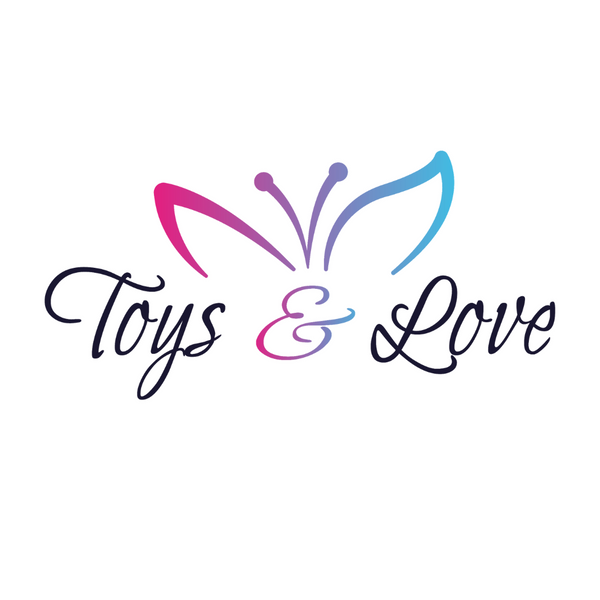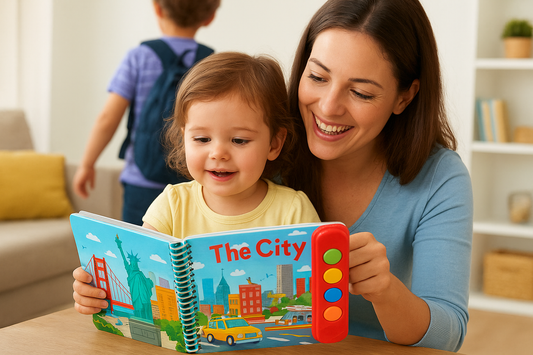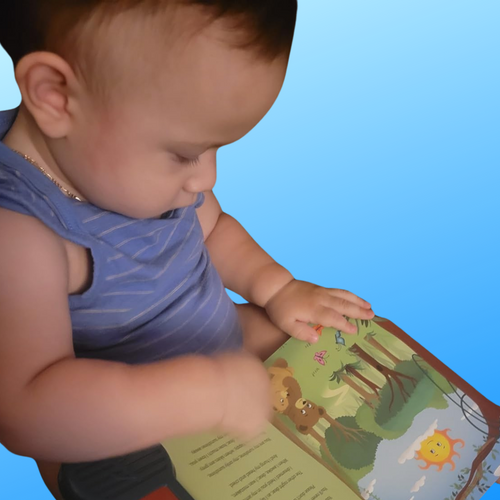Toddlers are like sponges, eagerly absorbing the world around them as they embark on the incredible journey of early childhood development. Among the many tools that can aid their growth, music stands out as a powerful catalyst for learning and enrichment.
From the soothing lullabies that calm them to the catchy tunes that make them dance, music has a profound impact on a toddler's cognitive, emotional, and social development. In this blog post, we will delve into the importance of learning through music for toddlers and explore how this harmonious approach can set the stage for lifelong learning.
1. Cognitive Development
Music is a dynamic vehicle for cognitive growth in toddlers. The rhythmic patterns, melodies, and lyrics they encounter in songs stimulate various regions of the brain responsible for language development, memory retention, and problem-solving skills. When toddlers engage with music, they learn to predict patterns, follow sequences, and anticipate changes in the music—abilities that directly translate to improved cognitive flexibility.
2. Language Skills
From the moment they are born, toddlers are exposed to language through the melodies of lullabies and nursery rhymes. These musical forms serve as natural bridges to language acquisition. Through repetition and rhythm, toddlers learn new words, enhance their vocabulary, and grasp complex sentence structures. Singing songs with rhyming words and playful lyrics also enhances phonological awareness, the foundational skill for learning to read.
3. Emotional Expression
Toddlers experience a wide range of emotions as they navigate their world. Music provides a safe and expressive outlet for them to communicate their feelings and understand emotions. When they listen to music, they connect with the emotions conveyed through the melody and lyrics, helping them process their own feelings. Singing along or dancing to music allows toddlers to express themselves in ways that words alone cannot capture.
4. Motor Skills and Coordination
Music and movement are inseparable companions. The rhythmic beats and catchy melodies of songs encourage toddlers to move their bodies in sync with the music. Whether they're clapping their hands, swaying their hips, or tapping their feet, these actions help develop fine and gross motor skills. Dancing to music also promotes balance and coordination, as toddlers learn to control their bodies in response to auditory cues.
5. Social Interaction
Learning through music extends beyond individual development; it also fosters social skills. Singing songs in groups, engaging in musical games, or participating in music classes encourage toddlers to interact with their peers. Shared musical experiences promote cooperation, turn-taking, and listening skills. This interaction builds a foundation for positive social interactions and lays the groundwork for collaborative learning.
6. Cultural Awareness
Music introduces toddlers to diverse cultural experiences and traditions. Listening to different types of music from various cultures exposes them to a rich tapestry of global sounds and rhythms. This exposure helps them develop an appreciation for diversity and broadens their understanding of the world around them.
Picture by Vecteezy.com





